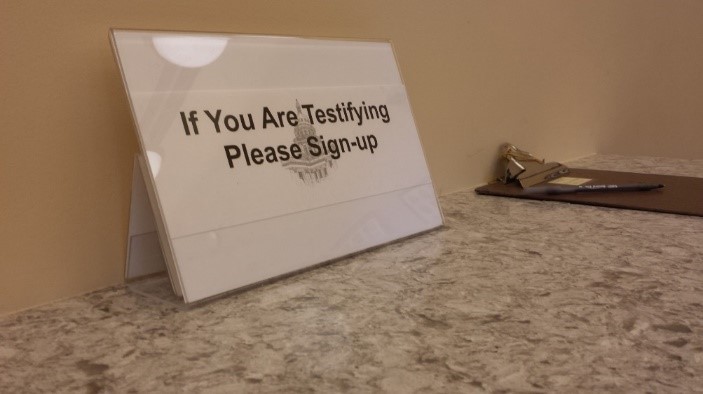Statutory Revision Committee Continues Scrubbing the Statutes
by Jessica Wigent Since its (re)creation in 2016, the Statutory Revision Committee (SRC), codified in part 9 of article 3 of title 2, C.R.S., has introduced more than 100 bills that have repealed […]

